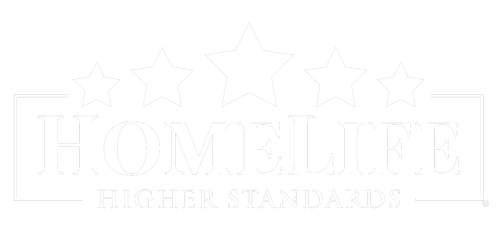It's that time of year again to declare your BC Speculation and Vacancy Tax for 2020. Below are a few things you need to know about this tax and how it impacts you as a homeowner.
1. What is the BC Speculation and Vacancy Tax?
The tax is part of the government's 30-Point Plan to make housing more affordable in BC. It targets foreign and domestic buyers who own property in BC but do not pay taxes here. If you own residential property in the designated taxable region, you are required to complete an annual declaration.
2. What regions does the tax apply to?
Taxable regions are:
Municipalities within the Capital Regional District (excluding Salt Spring Island, Juan de Fuca Electoral Area, and the Southern Gulf Islands)
Municipalities within the Metro Vancouver Regional District (excluding Bowen Island, the Village of Lions Bay and Electoral Area A, but including UBC and the University Endowment Lands)
The City of Abbotsford
The District of Mission
The City of Chilliwack
The City of Kelowna
The City of West Kelowna
The City of Nanaimo
The District of Lantzville
3. How can I know if my property is included?
If you own residential properties in any of the above areas, you will receive a letter in the mail from the BC government. The letter will be sent to you at your mailing address on file with BC Assessment by mid-February. Your declaration letter will list all the properties you own affected by the tax.
If you own residential property in a designated taxable region, you will need to complete a declaration. Even if you won't be required to pay the tax, you need to complete a declaration to claim any relevant exemptions.
4. As a BC Resident, do I have to pay the tax?
Most residents of the province are expected to be exempt from the tax. Owners are exempt if the property is their principal residence, they rent it at least six months of the year (only three months was required in 2018), they are disabled, the property was just inherited, it’s valued under $150,000, or a person was away and it was vacant due to medical reasons, residential care, work or spousal separation.
5. How do I complete my declaration?
Your declaration can be completed online or by phone. Further instructions will be provided on your declaration letter. It is important to note that if your property has more than one owner, even if the owner is your spouse, a separate declaration must be made for each owner. Declarations must be completed by March 31, 2020.
6. What happens if I don't declare by March 31st?
If you do not complete your declaration for exemption by March 31st you will receive a tax notice in April, with payment due July 2, 2020. You will need to make the payment and request a refund.
More official information can be found on the BC government website including any changes made in 2020.

